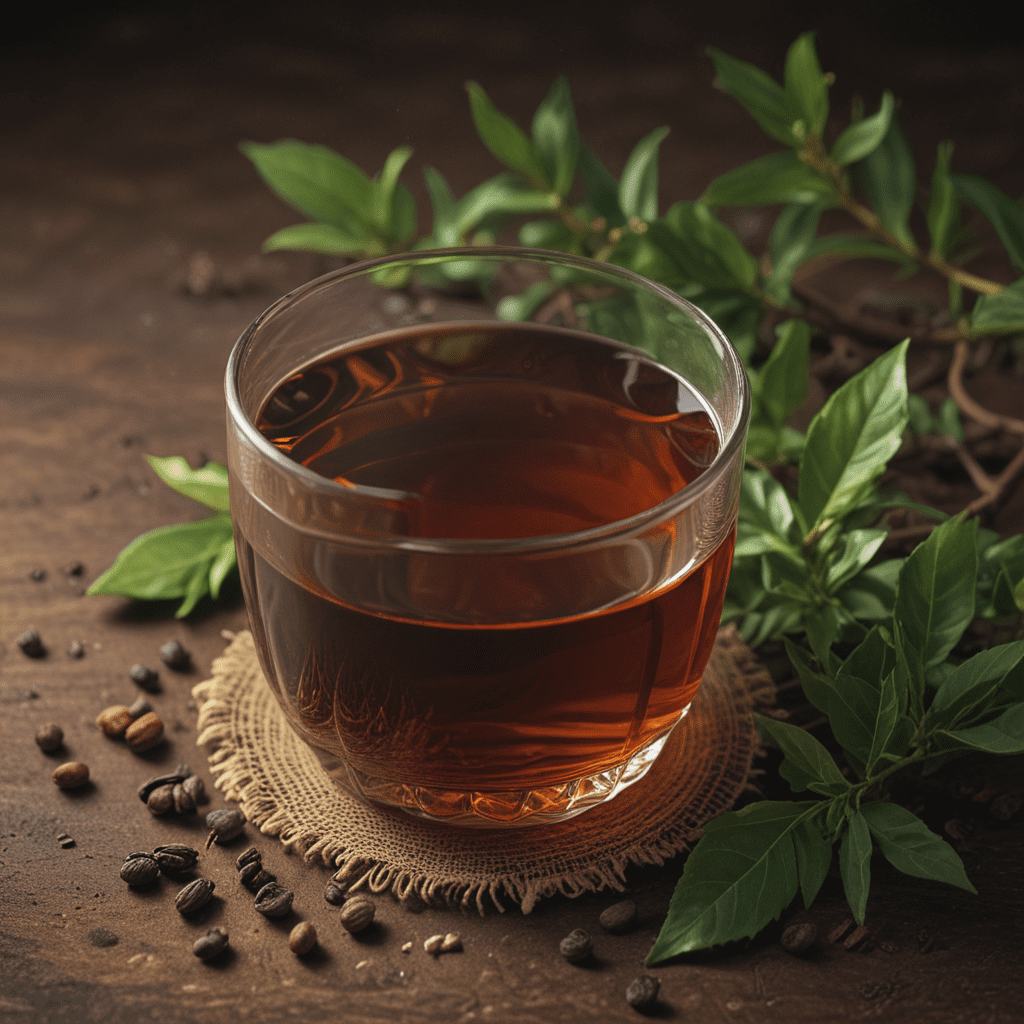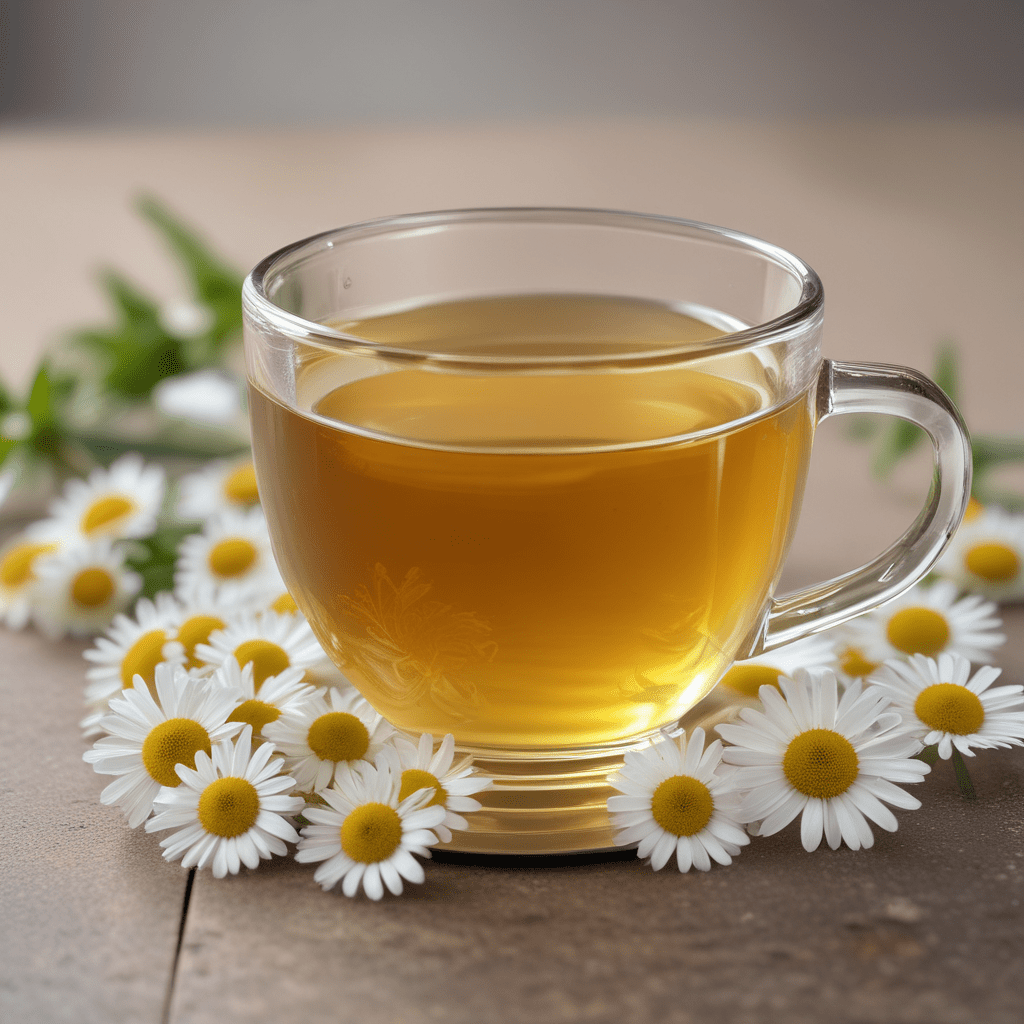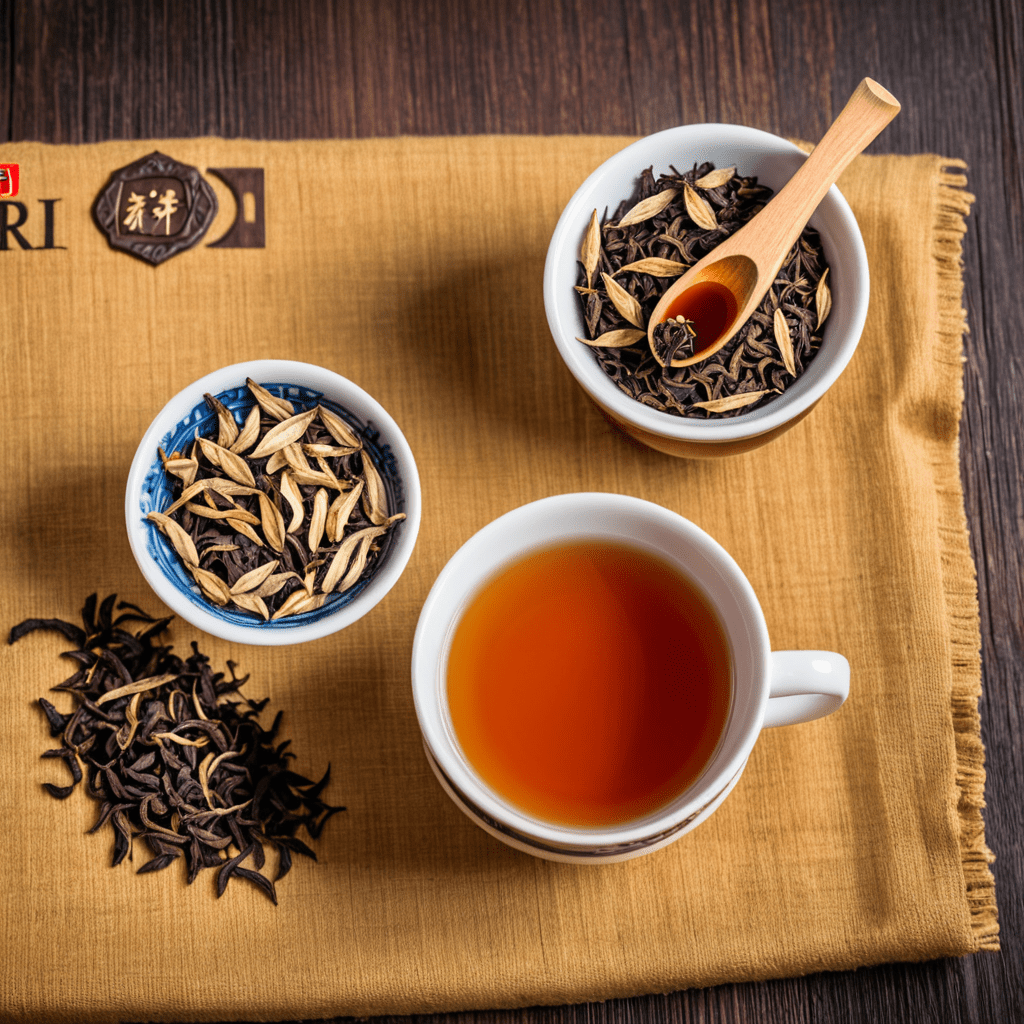Assam Tea: A Timeless Heritage
Assam tea, a globally renowned beverage, holds a prominent place in the annals of tea history. Its origins can be traced back centuries, with ancient texts mentioning its cultivation in the Brahmaputra Valley. Assam tea is celebrated for its robust flavor, full-bodied aroma, and distinctive reddish-brown hue, which have captivated tea enthusiasts worldwide.
The Brahmaputra Valley: Nature's Tea Garden
The Brahmaputra Valley, nestled amidst the eastern Himalayas, serves as the birthplace of Assam tea. This fertile region boasts a unique microclimate characterized by abundant rainfall, warm temperatures, and rich alluvial soil, providing an ideal environment for tea cultivation. The mighty Brahmaputra River, flowing through the valley, further enriches the soil, contributing to the distinctive character of Assam tea.
Cultivation Techniques: Nurturing the Tea Plant
Assam tea is grown using traditional methods that have been passed down through generations. Tea plants, known as Camellia sinensis var. assamica, are meticulously cultivated in vast tea estates. The plants are pruned and shaped to promote optimal growth and leaf production. Sustainable practices are employed to protect the environment and ensure the long-term health of the tea gardens.
Harvesting and Processing: From Leaf to Brew
Harvesting Assam tea is a labor-intensive process carried out twice a year, during the spring and summer seasons. Skilled tea pluckers selectively handpick the tender uppermost leaves and buds of the tea plant. These leaves are then withered, rolled, oxidized, and dried to produce the finished tea. The oxidation process, known as fermentation, imparts the characteristic malty flavor and dark color associated with Assam tea.
The Distinct Flavors of Assam Tea
Assam tea is renowned for its bold and full-bodied flavor. It exhibits a rich malty taste with hints of caramel and chocolate. The infusion often presents a reddish-brown hue, attributed to the high levels of theaflavins, antioxidants responsible for the tea's robust character. Assam tea is typically enjoyed with milk and sugar, which complement its strong flavor and enhance its creaminess.
Brewing the Perfect Cup: A Symphony of Senses
Savoring the perfect cup of Assam tea is an art form that elevates the drinking experience. The brewing method plays a pivotal role in drawing out the tea's rich flavors and aromas. Loose-leaf tea allows for greater control over the strength and infusion time, resulting in a more nuanced cup.
To brew Assam tea, use freshly drawn cold water and a teapot or infuser. Add approximately 2 grams of tea leaves for every 8 ounces of water. Bring the water to a boil and then immediately remove it from the heat. Allow the water to cool for a few minutes before pouring it over the tea leaves. Steep for 3-5 minutes, adjusting the steeping time to suit your desired strength.
Assam Tea and Indian Culture: A Culinary Icon
Assam tea holds a special place in Indian culture, transcending its beverage status to become a culinary icon. It is an essential component of the traditional Indian breakfast, often served with milk and sugar. Assam tea is also incorporated into various culinary preparations, such as desserts, savories, and beverages.
The popularity of Assam tea extends beyond India, with tea connoisseurs around the world appreciating its distinct flavors and versatility. It has become an indispensable ingredient in tea blends and iced tea creations, showcasing its adaptability and global appeal.
Health Benefits of Assam Tea: A Natural Elixir
Assam tea is renowned not only for its taste but also for its potential health benefits. It is a rich source of antioxidants, including theaflavins and thearubigins, which have been associated with reducing inflammation and protecting against chronic diseases.
Studies have suggested that consuming Assam tea may help improve heart health by lowering cholesterol levels and reducing the risk of blood clots. It may also boost the immune system, aid digestion, and improve cognitive function. However, it's important to note that more research is needed to fully understand the health benefits of Assam tea.
Sustainability and Conservation: Preserving Assam Tea's Legacy
The sustainability of Assam tea production is crucial for preserving its legacy and ensuring its availability for future generations. Tea estates are implementing environmentally friendly practices, such as organic farming, water conservation, and responsible waste management, to minimize their impact on the ecosystem.
Conservation efforts also focus on protecting the biodiversity of the Brahmaputra Valley, home to diverse flora and fauna. Sustainable tea cultivation not only ensures the longevity of Assam tea but also supports local communities and the preservation of the region's natural heritage.
Assam Tea: A Journey Through Time and Taste
Assam tea is a testament to the rich history, traditions, and flavors of tea cultivation. Its journey from the lush tea gardens of the Brahmaputra Valley to teacups around the globe has been marked by its distinctive character and enduring popularity.
From its ancient origins to its modern-day significance, Assam tea continues to captivate tea enthusiasts with its robust flavor, health benefits, and cultural significance. It is a beverage that transcends time, embodying the essence of tradition and the allure of discovery.
##FAQs
What is the difference between Assam tea and other black teas?
Assam tea is known for its bold, malty flavor and reddish-brown hue, attributed to its unique growing conditions and processing methods.
How do I store Assam tea properly?
Store Assam tea in a cool, dry place away from direct sunlight and moisture. An airtight container is recommended to preserve its freshness and flavor.
Can Assam tea be consumed daily?
In moderation, Assam tea can be enjoyed daily. However, excessive consumption may lead to potential side effects due to its high caffeine content.
What are the health benefits of drinking Assam tea?
Assam tea contains antioxidants that may have anti-inflammatory and protective effects. It may also support heart health, boost immunity, and improve digestion.
How can I ensure the sustainability of Assam tea production?
Choose Assam teas from estates practicing sustainable farming methods, such as organic cultivation and responsible water management. Support organizations working to preserve the biodiversity of the Brahmaputra Valley.



